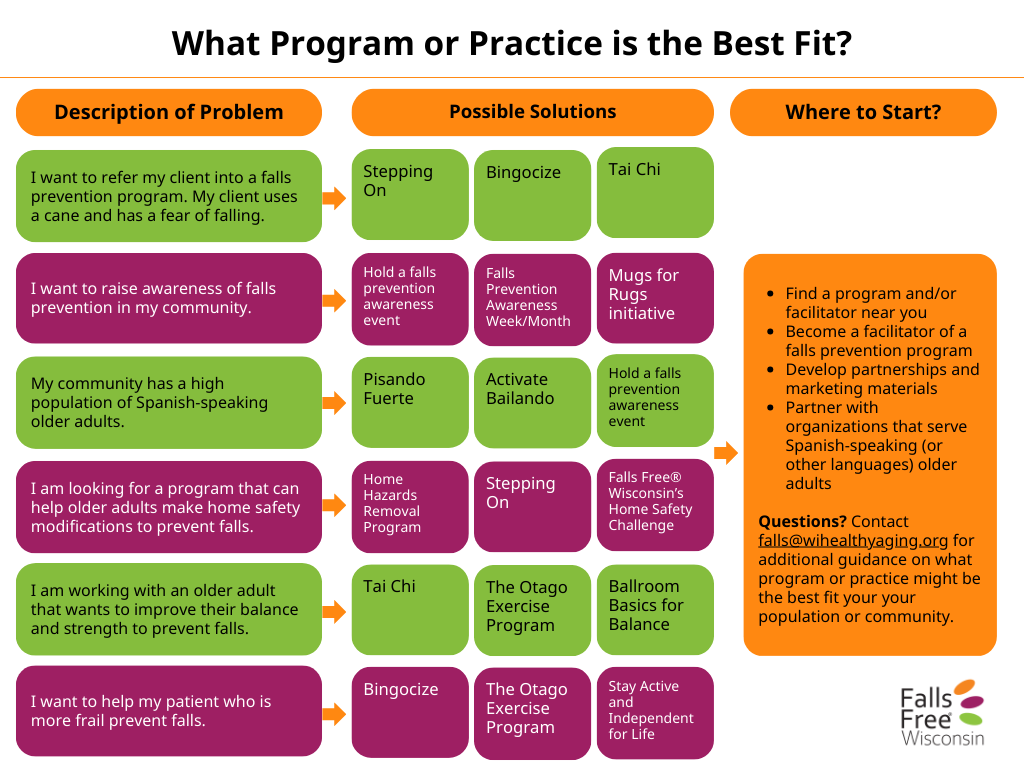Our ears and hearing can change with time. About one-third of older adults may have age-related hearing loss.
Hearing loss can be caused by a number of different things, including changes in the structure of the ear as we age (our ears get bigger as we get older!), exposure to loud noises over a long period of time, medical conditions, or even medication side effects. In addition, the organ of balance, known as the vestibular system, is found in your inner ear. The vestibular system sends signals to the brain and other organs like your eyes, joints and muscles to keep our balance. If you have ever been seasick, there is a miscommunication between these systems. As we age, the vestibular system has a slower reaction time and may affect our balance. Other things, such as inner ear infections, might also affect our balance, which can lead to falls.
The National Institute on Aging reports that hearing loss can increase the risk of falling. According to the Hearing Loss Association of America, people with hearing loss often wait 7-10 years before getting help! Research has shown that hearing loss can even be connected with cognitive decline, dementia and Alzheimer’s, depression, anxiety, isolation, and more. It is important to talk to your provider about any symptoms you are having of hearing loss or any issues with your ears as soon as possible.
You may have a hearing problem if:
You have trouble hearing people on the phone.
When talking to multiple people, you find it hard to follow the conversation.
You have to ask people to repeat what they say frequently.
When watching television, the volume is so high that others say something about it.
When there is background noise, you have a hard time understanding what people are saying.
You think that people are mumbling when they talk to you.
You have a hard time understanding children, or people with higher pitched voices.
If any of the above are true, you may benefit from a hearing aid. Check out the Hearing Aid Buyer’s Guide for information on how to buy hearing aids. Over-the-counter hearing aids are now available without a prescription! While not recommended for individuals with greater than mild-to-moderate levels of hearing loss, this is a convenient and affordable option. Talk to your provider about getting a hearing test once a year to detect any changes in hearing. Online hearing tests are also available.
I have hearing loss… what can I do?
Talk to your provider about what options you have. Your provider can help diagnose your hearing problem or refer you to other experts who can help treat the problem. Discuss falls with your provider and ask them what you can do to reduce your risk of falls with your hearing problem. There are different types of assistive devices that can help people with hearing loss.
All the Help You Need to Navigate Hearing Loss
Let others know you have a hearing loss and how they can best communicate with you:
-Get your attention by waving or tapping on the shoulder before starting a conversation.
-Face-to-face communication, maintain eye contact.
-Focus on one subject at a time.
-Don’t cover your mouth.
-Speak naturally with a normal expression. Do not shout.
-In group settings, one person speaks at a time.
-Pick the best place for communication: quiet, good lighting, few visual distractions, no echo, good seating.
-It is okay to ask someone to repeat what they said. Be patient, people often slip into old habits without thinking. Remind them nicely of the best way to communicate with you.
-Look at facial expressions and people’s gestures when they are talking to you. This can often tell you how someone is feeling about the conversation and may help you understand better.
Reach out to the Office for the Deaf and Hard of Hearing (ODHH). ODHH can provide information and referral services for deaf, deaf-blind or hard of hearing residents.
Check out the Hearing Aid Buyer’s Guide for information on how to buy hearing aids.
Stay connected. The Hearing Loss Association of America has a few local Wisconsin chapters that bring people with hearing loss together.
Find additional resources from HEAR Wisconsin, a nonprofit organization that provides services to individuals who are deaf and hard of hearing.
Share this page’s information with others via the page download:


